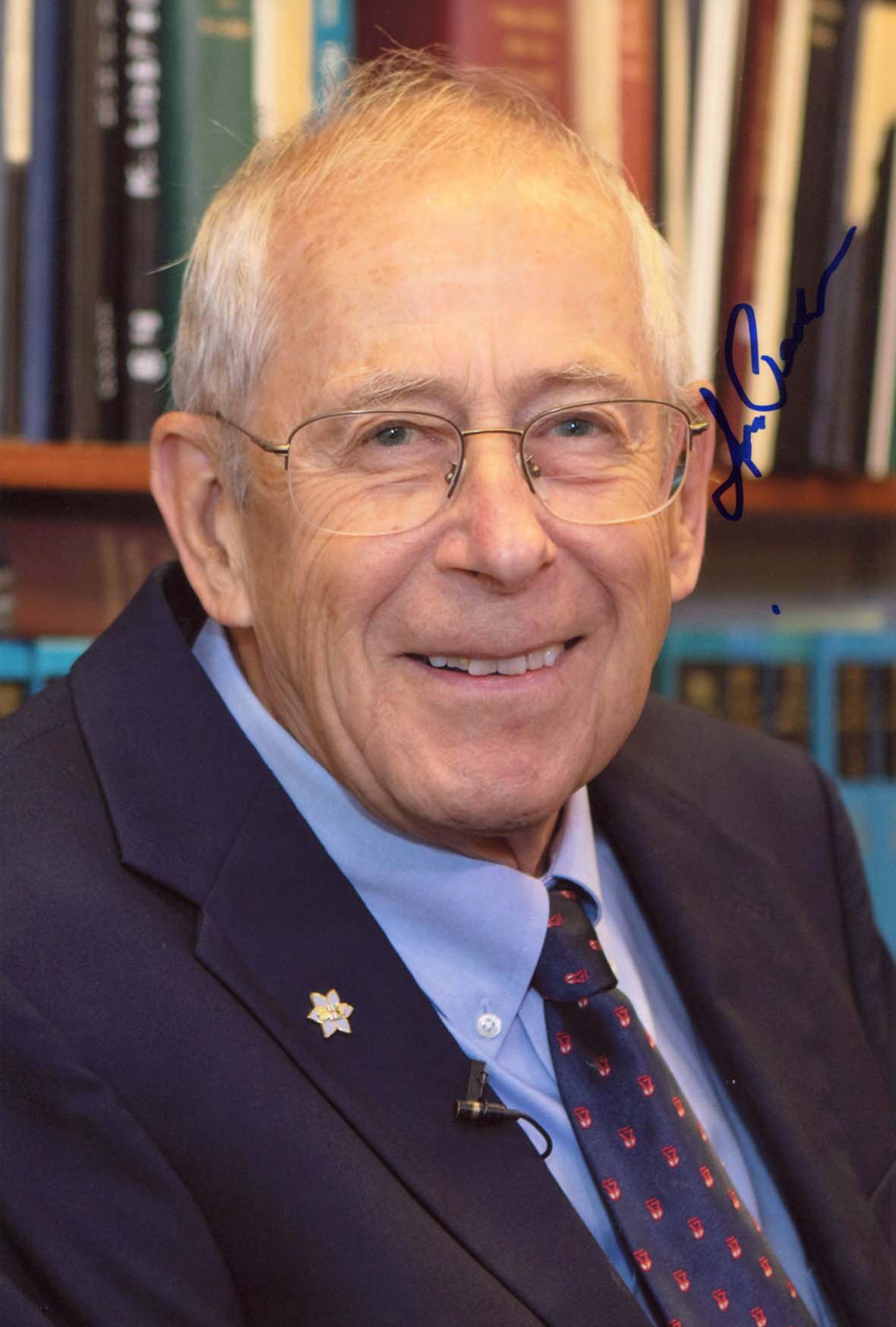Beschreibung
Weitere Infos zur Person
Profession:
(1935 - ) Kanadisch-amerikanischer Astrophysiker, Astronom und theoretischer Kosmologe
Year of Birth: 1935
Echtheitszertifikat
Zahlung & Sicherheit
Deine Zahlungsinformationen werden sicher verarbeitet. Wir speichern keine Kreditkartendaten und haben auch keinen Zugang zu deinen Kreditkartendaten.

